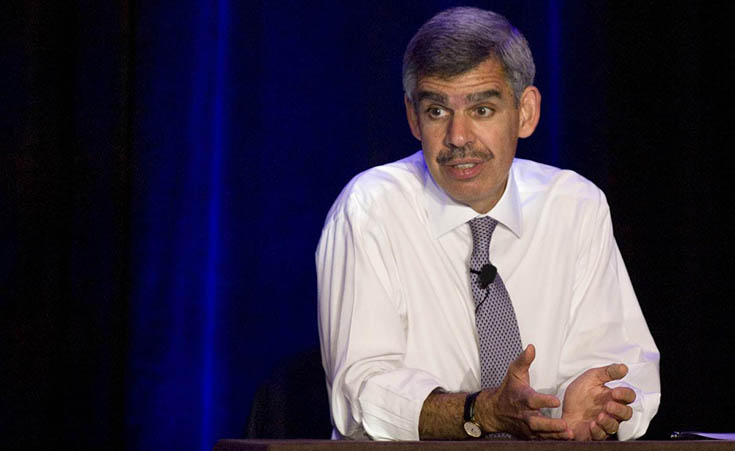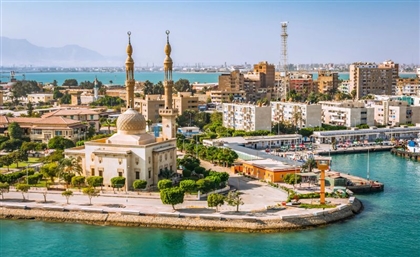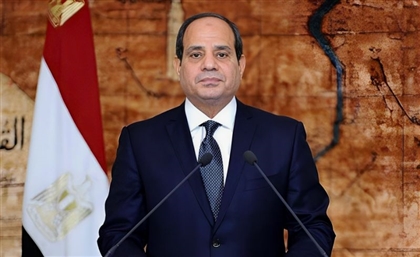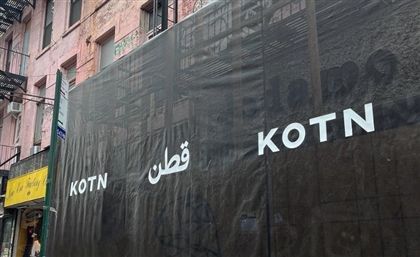Video: Renowned Economist Mohamed El Erian Explains Egypt's Stimulus Package in 20 Minutes
Mohamed El Erian offers his insights on Egypt's painful but necessary economic reforms. And the Internet loves it!

In a satellite interview with Egyptian TV Host Lamees El Hadidi, which aired on her Talk Show Hona Al 3assema, world renowned economist, author, and businessman Mohamed El Arian, who also serves as Chief Economic Advisor for Allianz and Chairman of Obama's Global Development Council, weighed in on the Egyptian government's upcoming economic reform package.
The video is rapidly going viral, with many in the country's entrepreneurial circles praising Erian for his sound judgment on the controversial IMF loan the government has sought. In the interview, the economist addresses the claims that the terms of the deal are been dictated to us by the IMF, saying that the programme must be domestically formulated because that's the only way to properly account for the situation on the ground and to ensure political commitment and implementation.
He also says that the reforms, however painful, are necessary and without them the situation would be much worse, adding that further debt, inflation, and recession would arise if the economic reforms aren't implemented.
As for the dollar crisis, Erian asserts that the black market exchange rate is a reflection of the uncertainty and fear, and not Egypt's equilibrium rate.
Erian also says that in order for the economic stimulus package to succeed, four broad policies must be adopted: pro-growth structure reforms to ensure fast and sustainable development, reduce the budget deficit, taking steps to protect the most vulnerable segments of the population, and securing finance from the rest of the world to fund the implementation of the above. Not quite the cakewalk, is it?
Hadidi pushes Erian on the popular reaction to the inflation that is sure to result from cutting fuel subsidies and adopting a floating currency policy, to which he says that the people should be able to trust the government, which in turn should be able to trust the IMF, and that explaining the reforms and why they're vital for the Egyptian economy is crucial and that implementation should be monitored closely. He then recalls his days in Egypt when he would occasionally be asked to push a car until the engine starts, likening that to the Egyptian economy, saying it has great potential and once it gets started, inclusive growth will occur at high rates.
Watch the full interview below:
- Previous Article Dr.Sisilove or How (Not) To Diffuse A Bomb
- Next Article Saudi Arabia Launches $100 Billion Joint Investment Fund
Trending This Week
-
Apr 13, 2024
























